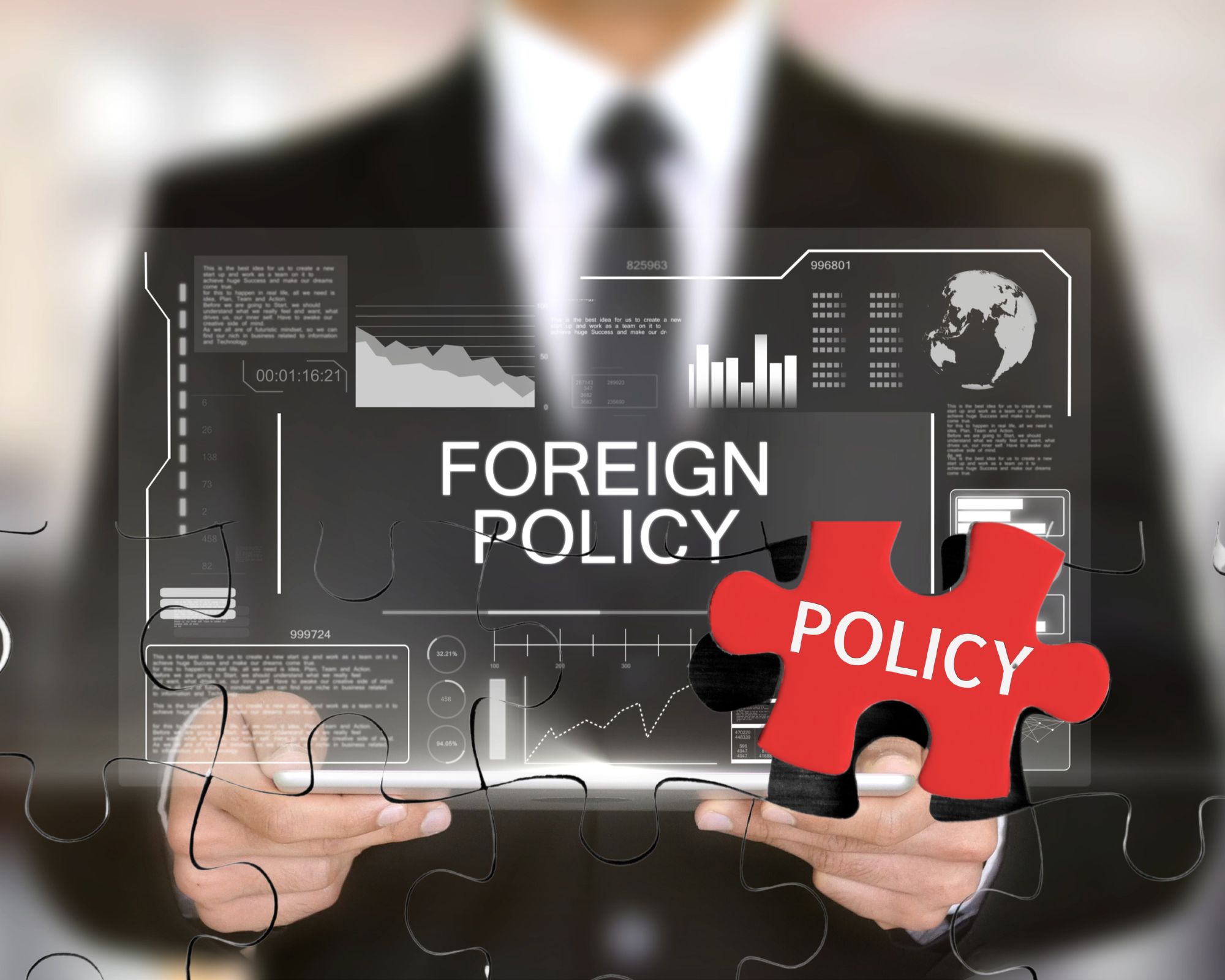
Summary:
-
During the COP27 climate summit in Egypt last week, Luiz Inácio Lula da Silva, who will be the next president of Brazil, was praised for his plans to stop illegal deforestation and fight global warming.
-
Celso Amorim, Lula’s top foreign policy advisor, saw the speech in Sharm El-Sheik as a clear sign that Brazil was ready to take on a more ambitious foreign policy agenda.
-
Amorim, who may run for re-election as foreign minister, downplayed Lula’s remarks on Ukraine but stressed the need for the globe to “be urgent about peace.
-
The main difficulty for Lula will be managing the relationship between China, Brazil’s biggest commercial partner, and the US, according to Sergio Amaral, a former ambassador to Washington and advisor at the Brazilian Council of International Relations.
-
Good relations with China are important, but not at the expense of the US. Last month, after Lula won his election, the US president called him to congratulate him, and the new president-elect has asked that they meet as soon as possible.
Introduction
At the recent COP27 climate summit in Egypt, Luiz Inácio Lula da Silva, the next president of Brazil, garnered praise for his commitment to combat illegal deforestation and address global warming. However, President-elect Lula’s vision for Brazilian foreign policy extends far beyond environmental issues. In his speech to delegates, Lula emphasized the importance of multilateralism, regional integration in Latin America, stronger ties with developing nations, and a transformative role for Brazil within the United Nations (UN). This article delves into Lula’s foreign policy agenda and explores the implications of his proposed changes.
Brazilian foreign policy Reconnecting with the World
Lula’s Multilateral Approach Lula proclaimed, “Brazil is back,” highlighting the disconnection Brazil experienced from the international community during Jair Bolsonaro’s administration. Determined to restore Brazil’s global standing, Lula intends to reestablish strong ties with countries worldwide. His approach centres around multilateralism, emphasizing the importance of collaboration and cooperation on global issues. Lula’s commitment to multilateralism signifies a departure from the previous administration’s isolationist policies.
Regional Integration and Latin American Relations
President-elect Lula envisions a revitalization of regional integration within Latin America. Inspired by the late Venezuelan leader Hugo Chavez, who founded the Union of South American Nations (UNASUR) as a counterbalance to US influence, Lula aims to breathe new life into this organization. Additionally, he emphasizes the preservation of Mercosur as a customs union, strengthening economic cooperation among member countries. While Lula intends to make Mercosur stronger, he also recognizes the need to adapt and revise the long-stalled EU-Mercosur trade pact to better reflect current realities and address concerns from both parties.
Climate Change and Environmental Responsibility
Lula’s commitment to fighting climate change and protecting the environment stands as a key pillar of his foreign policy. He recognizes the urgency of the issue and the need for immediate action. Lula calls for the development of new industries that prioritize environmental sustainability, promoting practices that minimize harm to the planet. Moreover, he advocates for greater freedom in the production of medicines and vaccines, highlighting the importance of accessibility and affordability for all.
UN Reform and Global Governance
President-elect Lula believes that the United Nations, as the premier global institution, requires reform to adapt to the evolving world. Lula calls for a transformation of the UN Security Council, advocating for a more inclusive composition that reflects the current global landscape. Brazil’s long-standing aspiration for a permanent seat on the Security Council aligns with Lula’s vision for a reformed UN. Furthermore, he supports the role of the G20, a larger group of major economies, as a more representative platform for global decision-making.
Brazilian foreign policy balancing relations with the US and China
A critical challenge facing President-elect Lula is balancing relations between Brazil’s largest trading partner, China, and its traditional ally, the United States. Lula acknowledges the significance of both relationships while emphasizing the need to prioritize Brazil’s national interests. His intention is to maintain good relations with both countries, leveraging shared ideals and fostering constructive engagement. However, navigating this delicate balance will require diplomatic finesse and strategic decision-making.
Conclusion
As Luiz Inácio Lula da Silva prepares to assume the presidency, his foreign policy agenda signals a fundamental shift towards multilateralism, regional integration, and addressing global challenges. With an emphasis on reestablishing Brazil’s role in the international community, Lula aims to foster stronger ties with developing nations, reform the UN, and tackle urgent issues such as climate change. However, challenges lie ahead, particularly in managing relations with major powers like the US and China. As Lula takes office on January 1, the world watches eagerly to see how his vision for Brazilian foreign policy unfolds and the impact it will have on Brazil’s role in global affairs.
